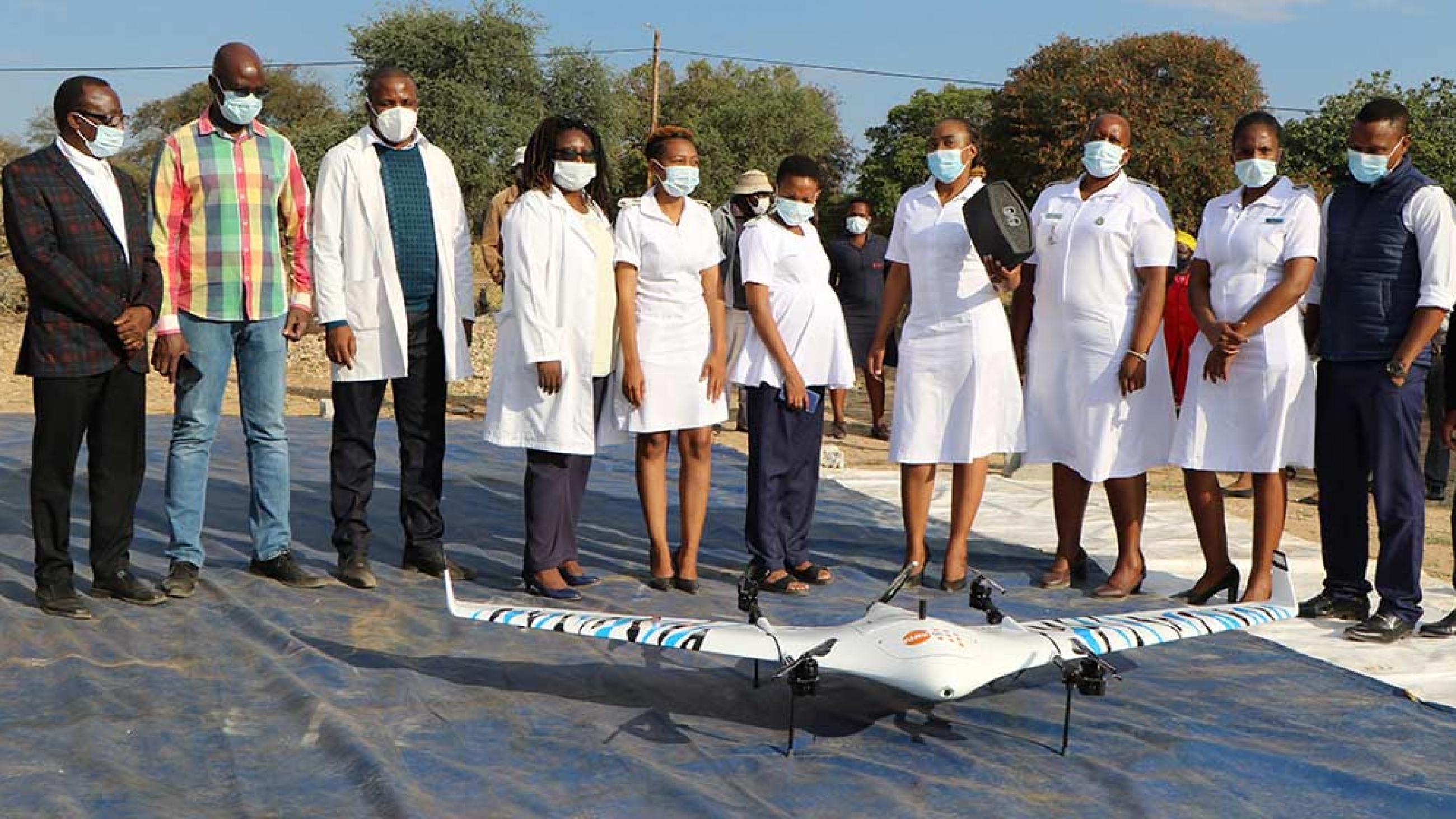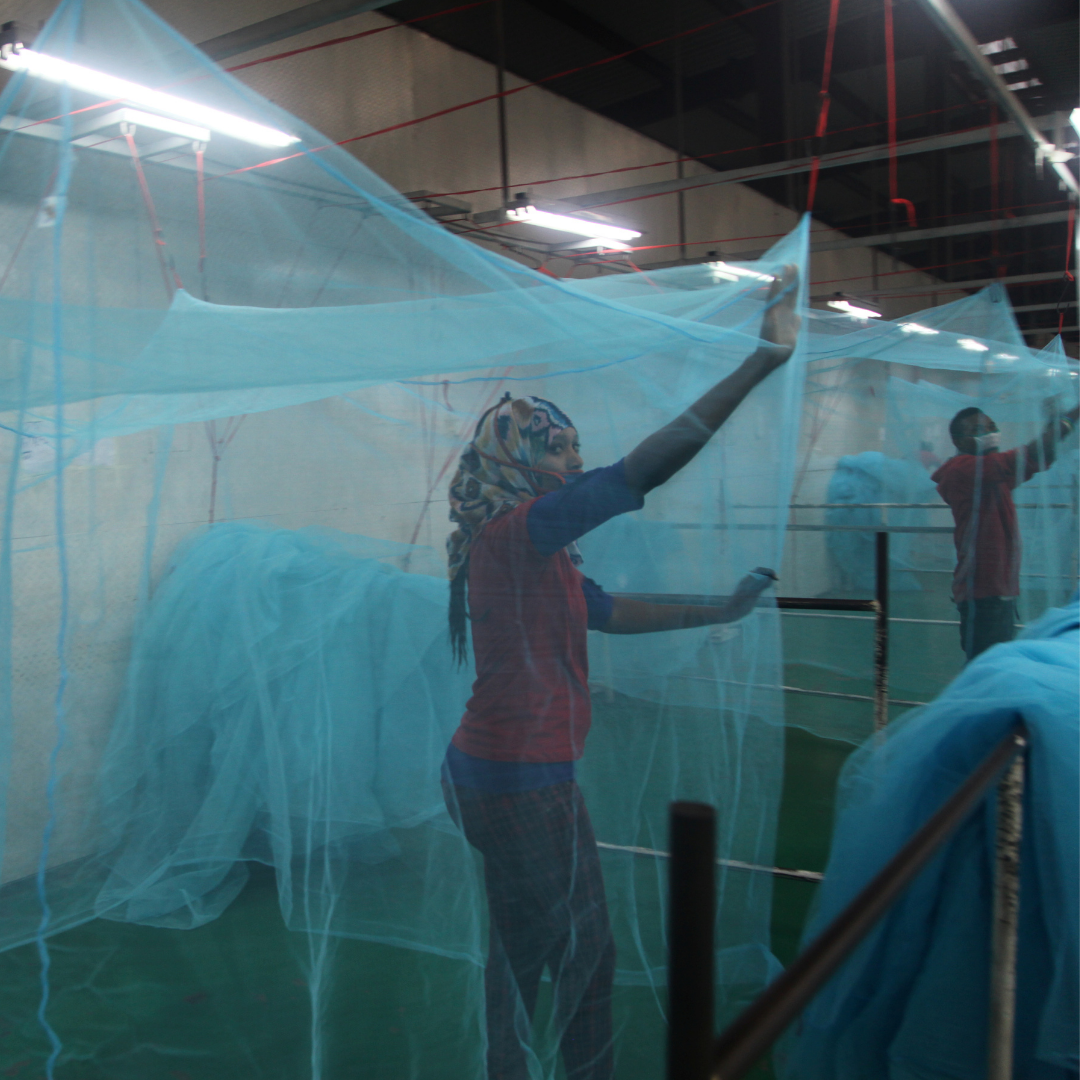Even though the COVID-19 pandemic dominated global health throughout 2021, there were bright spots that may have slid under the radar. From Côte D'Ivoire to Canada, Puerto Rico to China, advances in medicines and medical technology, progress in some realms of health policy, the elimination of diseases in certain regions, and new health care programs were happening in every corner of the world.
We've compiled a slideshow of some of the positive stories from the year. Our hope is that they serve as a reminder that even amid unfathomable loss and tragedy, there are still people doing remarkable things for the betterment of humanity.






















